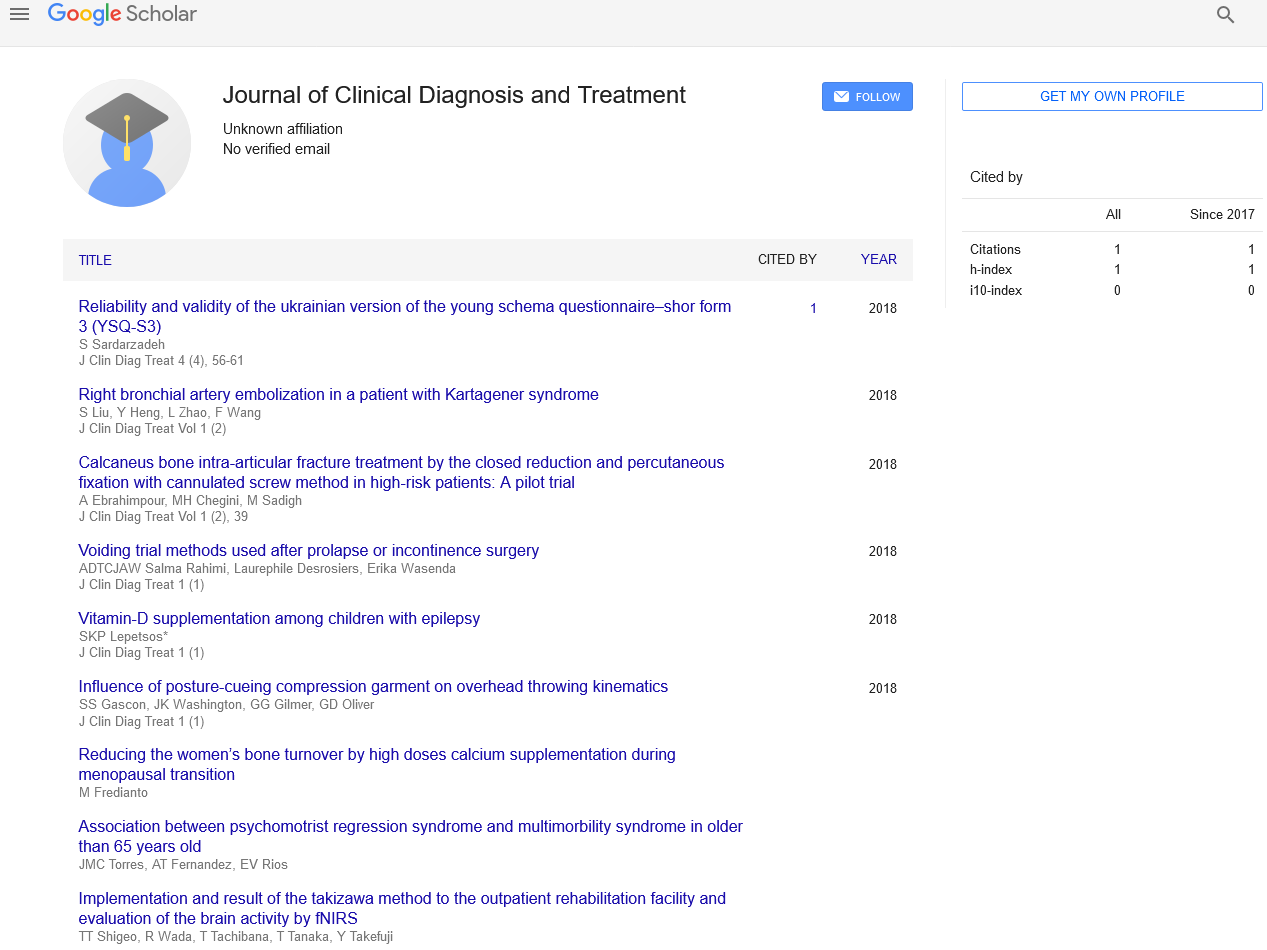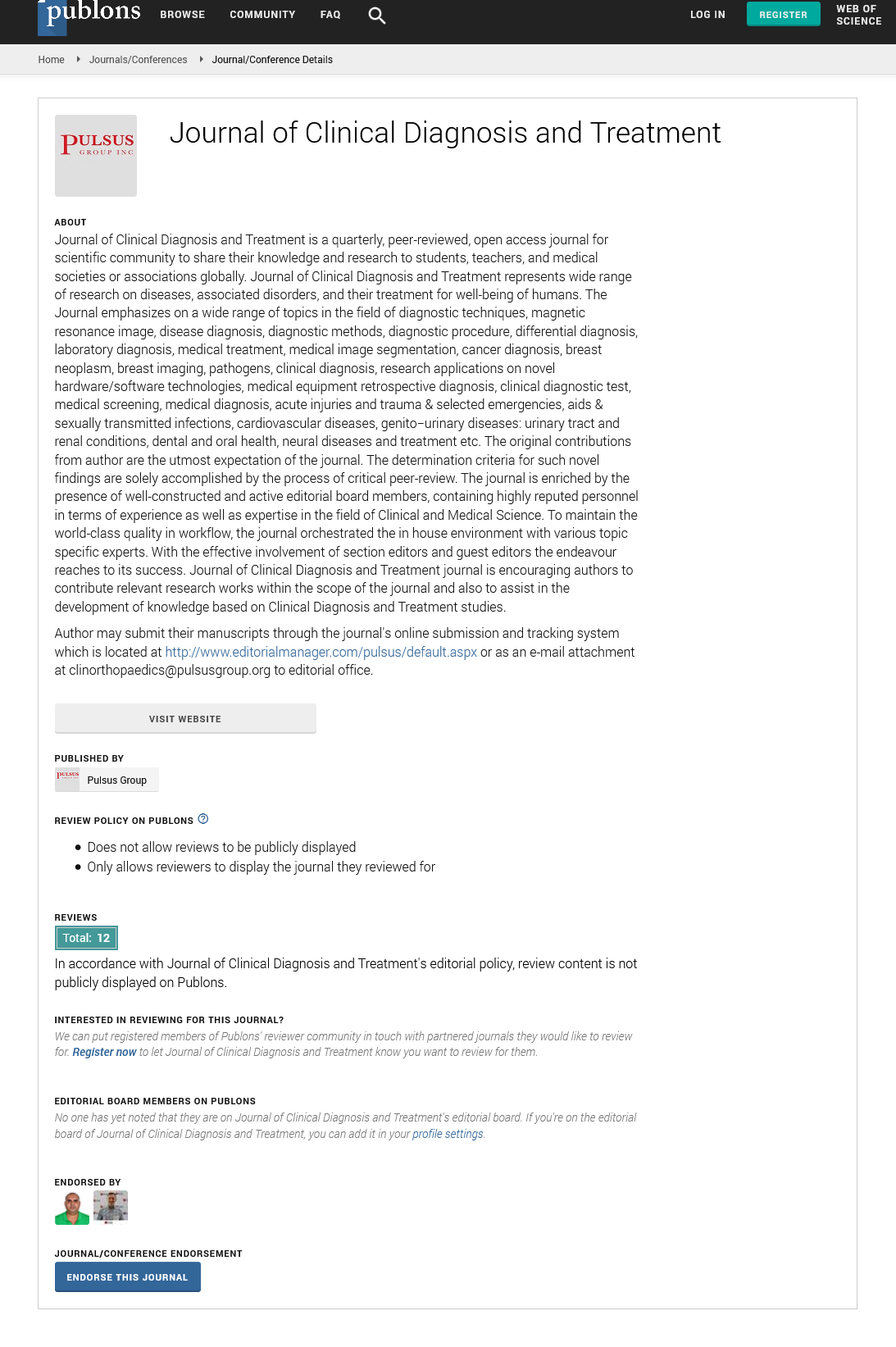Clinical Psychology 2021: The impact of COVID-19 related discrimination and acculturation attitude, on psychological wellbeing for first and second generation Asian Americans
Received: 02-Jan-2022, Manuscript No. PULJCDT-22-3936; Editor assigned: 15-Jan-2022, Pre QC No. PULJCDT-22-3936(PQ); Reviewed: 31-Jan-2022 QC No. PULJCDT-22-3936(Q); Revised: 02-Feb-2022, Manuscript No. PULJCDT-22-3936; Published: 12-Dec-2021, DOI: 10.37532/puljcdt.22.4(1).01
This open-access article is distributed under the terms of the Creative Commons Attribution Non-Commercial License (CC BY-NC) (http://creativecommons.org/licenses/by-nc/4.0/), which permits reuse, distribution and reproduction of the article, provided that the original work is properly cited and the reuse is restricted to noncommercial purposes. For commercial reuse, contact reprints@pulsus.com
Abstract
With the arrival of COVID-19 within the United States, there has been an increase in discrimination, bias, prejudice and even acts of violence towards Asian Americans. With this discrimination, psychological well-being is being affected negatively. Resilience in the face of such discrimination may be affected by factors such as acculturation attitude or if the individual is a first or second generation Asian American. There have been studies that show first generation immigrants respond with more resilience (displayed via better psychological wellbeing scores) in the face of discrimination when compared to those who are second generation (Giuliani, Tagliabue & Regalia, 2018). There are also studies that show the specific acculturation attitude one has can affect the psychological wellbeing of first or second generation immigrants, especially when faced with discrimination. Individuals with an integration acculturation attitude, often have better psychological wellbeing than those with a separation or marginalization acculturation attitude (Berry & Sabtier, 2010) The aim of this study is to explore the differences in psychological wellbeing between immigrants and second generation Asian Americans during this novel period in American history (the COVID-19 era). The study will also explore if perceived discrimination and acculturation attitude play a role in potential psychological wellbeing differences between both groups. We predict that while perceived discrimination negatively affects psychological wellbeing for both groups, second generation Asian Americans will show greater impact on depression levels (lower psychological wellbeing). We also hypothesize that for both groups, individuals who hold an integration acculturation attitude will have higher psychological wellbeing scores (lower depression scores) when compared to those who use separation or marginalization; even as COVID-19 related discrimination persists.
Biography
BIOGRAPHY Dina Naphor is a second year Psychology MA candidate at the New School. She received her BA from Lafayette College in 2018. Her research interests are in cultural variations of mental health in the Asian American community, with a focus on expression and resilience factors.






